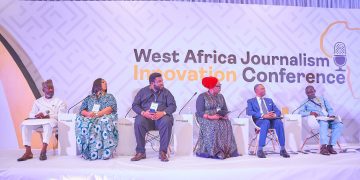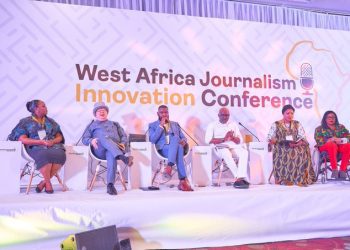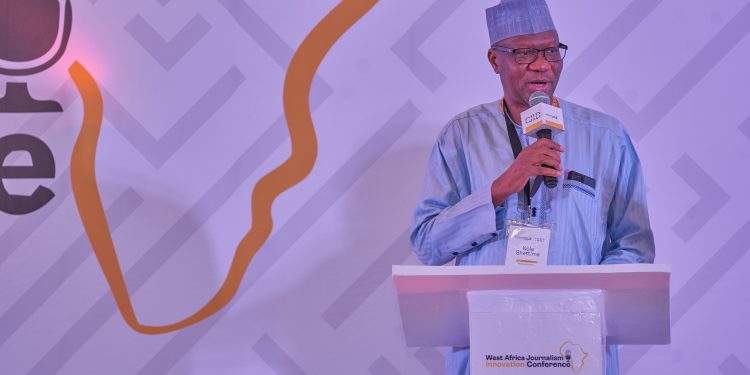The Africa Director of MacArthur Foundation, Dr. Kole Shettima has reiterated the commitment of MacArthur to continue to support media organizations in Nigeria, with the aim of promoting accountability journalism.
Dr. Shettima made this known while delivering his goodwill message at the maiden edition of the West Africa Journalism Innovation Conference (WAJIC), organized by the Centre for Journalism, Innovation and Development (CJID), with the theme “Accountability Journalism: Nurturing Innovation for a Sustainable Future”.
Shettima explained that accountability journalism can only be possible where the media is independent and able to do their work without fear, intimidation, or manipulation.
He said “independent media is critical for our democracy to survive that is why we support programmes like this. We believe that democracy must thrive in our clime.
“This is why we currently support over 60 media organisations in Nigeria, even in local communities so that they tell their stories and don’t have to rely on the bigger outlets to report what’s happening in their localities.”
Also speaking about the role of an independent press in sustaining democracy, Toyin Akinniyi, Africa Co-Director, Luminate, said a free and vibrant press play a huge role in enhancing and sustaining democracy.
Akinniyi urged the media to remain committed to its role of engendering social cohesion.
On her part, Toun okewale-Sonaiya, the CEO of Women Radio, said the media should remain committed to hold the government accountable, as it is their responsibility.
Okewale-Sonaiya explained that if the media doesn’t play its role of holding the government accountable effectively, it will lose its value and worth.
She also used the opportunity to call for a more diverse representation of women’s issues in the media.

Meanwhile, Grace Jerry, the Executive Director of Inclusive Friends Association (IFA) and Jake Epelle, the Executive Director of TAF Africa had earlier called for the inclusion and mainstreaming of disability issues in media reportage.
The duo believe that the increasing population of over 35 million Nigerians cannot be exempted in conversations that affect them, and as such, they should not be underrepresented in the media.


